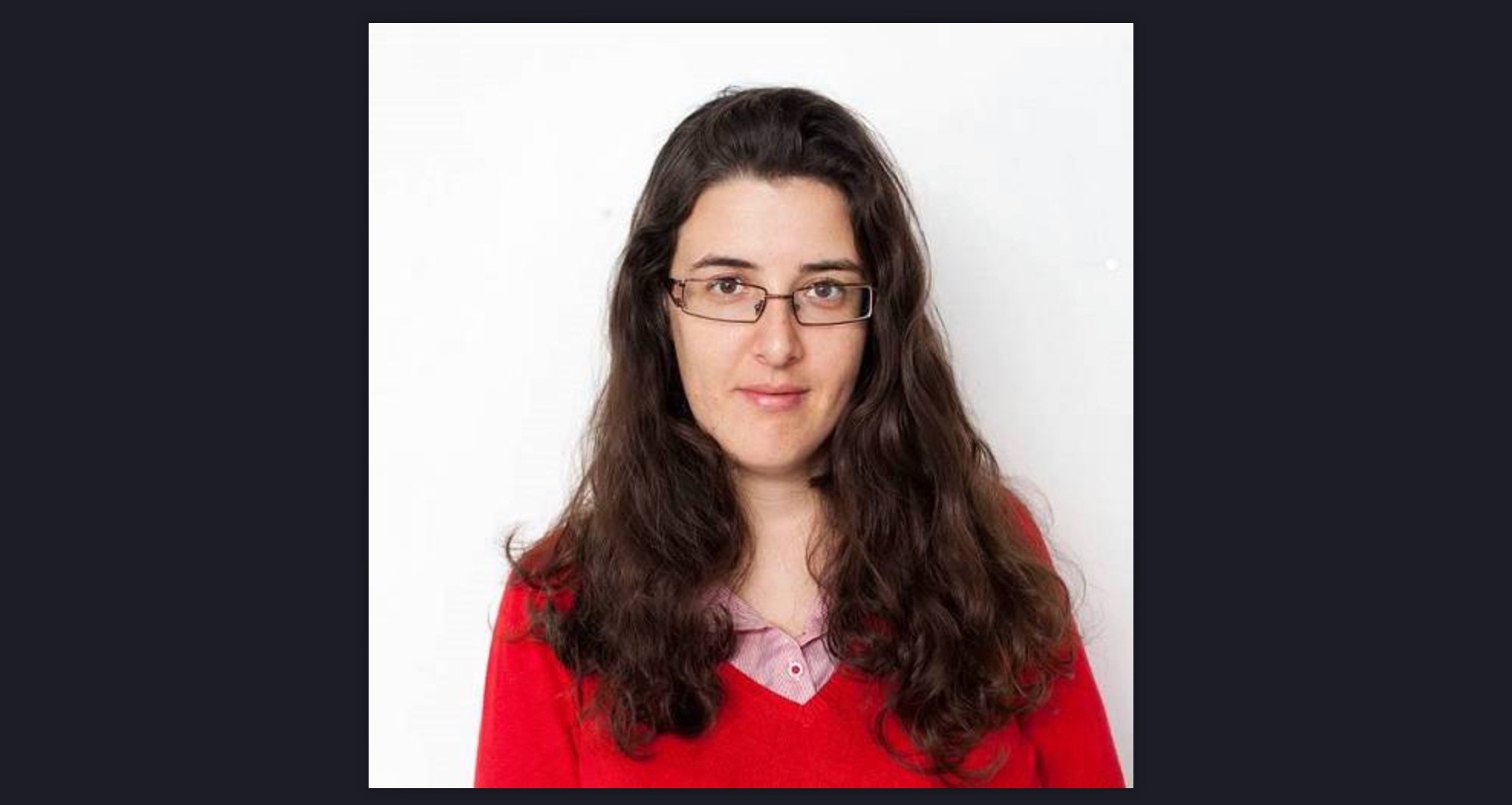(JTA) — Elizabeth Tsurkov, an expert on refugees and a Middle East analyst who has Russian and Israeli citizenship, has been held for months by a Shiite militia in Iraq, according to the Israeli government.
“Elizabeth Tsurkov is an Israeli-Russian dual citizen who has been missing in Iraq for several months and is being held by the Shiite militia Kataib Hezbollah,” Israeli Prime Minister Benjamin Netanyahu’s office said Wednesday in a statement. “Elizabeth Tsurkov is still alive and we hold Iraq responsible for her safety and well-being.”
Tsurkov, 36, is currently a non-resident fellow at the Washington D.C.-based New Lines Institute, a foreign policy think tank. She is also a doctoral student at Princeton. The statement from Netanyahu’s office describes her as “an academic who visited Iraq on her Russian passport, at her own initiative pursuant to work on her doctorate and academic research on behalf of Princeton University in the U.S.”
The statement added, “The matter is being handled by the relevant parties in the State of Israel out of concern for Elizabeth Tsurkov’s security and well-being.”
The New York Times reported that she was kidnapped in late March shortly after leaving a cafe in a middle class Baghdad neighborhood.
“She was kidnapped in the middle of Baghdad, and we see the Iraqi government as directly responsible for her safety,” a statement from her family said. “We ask for her immediate release from this unlawful detention.”
Kataib Hezbollah, the group that has allegedly kidnapped Tsurkov, is separate from the Lebanese terror group Hezbollah, though both are connected to Iran, according to The New York Times. Kataib Hezbollah led a 2019 attack on the U.S. embassy in Baghdad.
Tsurkov’s capture has been known by those close to her for months. Israel’s government went public after a publication called The Cradle broke the news of her kidnapping earlier Wednesday.It is not clear where The Cradle, which is sharply critical of U.S. and Israeli policy, is based or who funds it.
Tsurkov, the daughter of Soviet Jewish refugees, became known in Israel for her advocacy on behalf of African refugees who came into the country in the last decade-plus. She also was an outspoken critic of Netanyahu’s previous governments and their treatment of Palestinians. The New York Times reported that she had visited Iraq 10 times, according to figures provided by the Iraqi government, which did not comment on her kidnapping.
“My research is informed by the desire to understand and convey the points of view and experiences of people in the Middle East, and highlight abuses by powerful actors, whether they are dictatorial regimes, armed groups or foreign countries intervening in the region,” she says on her personal website.
In February she denounced a retaliatory raid by Jewish settlers on a West Bank village as a “pogrom”. On March 18, she reported on Twitter that she was recovering from surgery for herniated discs. On March 21, she used the platform to report Kurdish protests of repression by a Turkish-backed militia in northwest Syria. Those were her latest tweets.
In 2014, Tsurkov engaged with Hamas on Twitter during Israel’s war with the Gaza-based terrorist group, chiding its social media team for ungrammatical Hebrew.
In 2021, commenting on an Israeli woman who was taken prisoner in Syria and then freed, Tsurkov foresaw the possibility that she, too, could be taken captive. “I am generally against prisoner exchanges (even if I get into trouble on my next visit to Syria/Iraq),” she wrote. “But given that it’s the policy of the state of Israel, quick action was the correct course.”
JTA has documented Jewish history in real-time for over a century. Keep our journalism strong by joining us in supporting independent, award-winning reporting.






